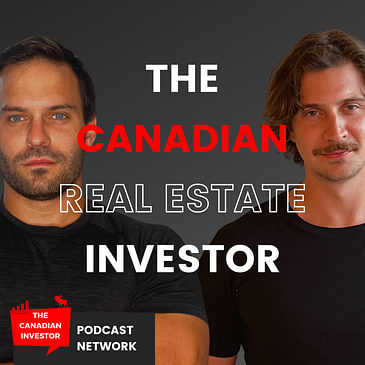We look at the housing plan and pull some of the biggest opportunities from it. We discuss the new proposed capital gains tax and some strategies that you can use, as well 5 of the things you need to know from the housing plan,
- That one - Accelerated capital cost allowance for apartments
- Offering low-cost financing for homeowners to add additional suites
- Further incentivizing density to existing homes
- Modernizing housing data
- Helping municipalities legalize housing and streamline approvals
Sign Up For The Next Webinar Realist
Join the best community in Canadian Real Estate realist.ca
Attend a Meetups Meetups
Get a Pre Approval G & H Mortgage Group
Get Financing with Landbank LandBank
Nick
Instagram.com/mybuddynick
tiktok.com/@mybuddynick
twitter.com/mybuddynick89
Dan
twitter.com/daniel_foch
instagram.com/danielfoch
tiktok.com/@danielfoch
See omnystudio.com/listener for privacy information.

